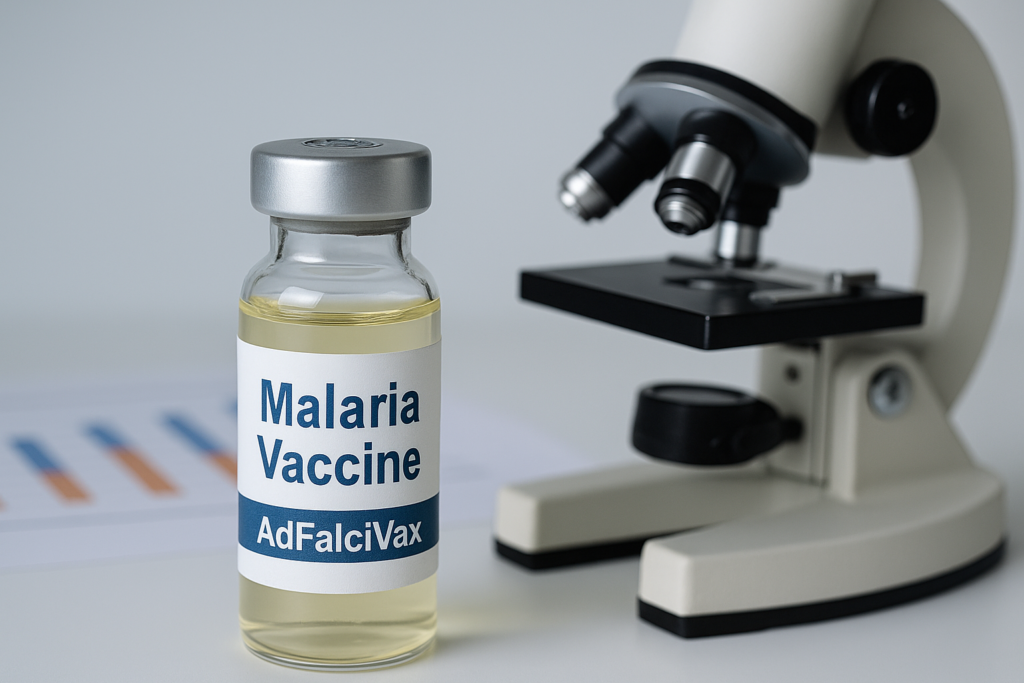For decades, India has waged a grinding war against malaria, a disease that has claimed millions of lives and strained public health systems. Now, scientists believe a homegrown vaccine — AdFalciVax — could tip the scales.
Developed by the Indian Council of Medical Research in collaboration with leading national institutes, AdFalciVax is designed to target Plasmodium falciparum, the deadliest malaria parasite. Unlike earlier attempts, the vaccine works at two stages of the parasite’s life cycle, offering both protection against infection and the potential to reduce transmission.
A Scientific Breakthrough
Early laboratory studies show the vaccine produces strong immune responses and remains stable at normal temperatures for months, an advantage in regions where refrigeration is limited. Researchers say these qualities could make it uniquely suited for India, where malaria persists in hard-to-reach, high-burden areas.
A National Health Imperative
India has made progress: malaria cases fell from over six million in 2017 to roughly two million by 2023, according to the World Malaria Report. Yet, elimination by 2030 — the government’s stated goal — remains uncertain. A vaccine, if successful, could accelerate that timeline by complementing mosquito control, rapid diagnostics, and drug treatment.
The Road Ahead
Still, AdFalciVax is years away from public rollout. Human clinical trials are pending, regulatory approvals will take time, and questions of large-scale manufacturing and equitable access loom large. Public acceptance — especially in rural communities where malaria hits hardest — will also be critical.
More Than Science
For India, the vaccine is more than a medical milestone. It represents self-reliance in biotechnology, a chance to lead in global health innovation, and a symbol of hope that a disease long woven into the country’s history could finally be defeated.


